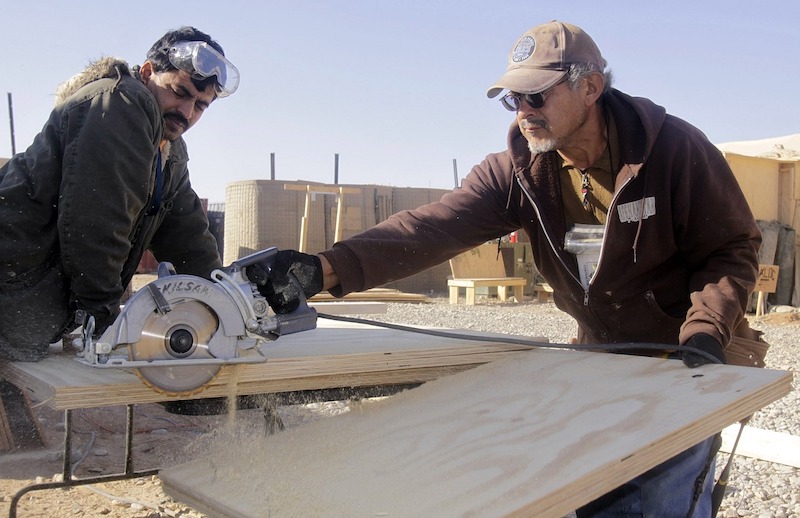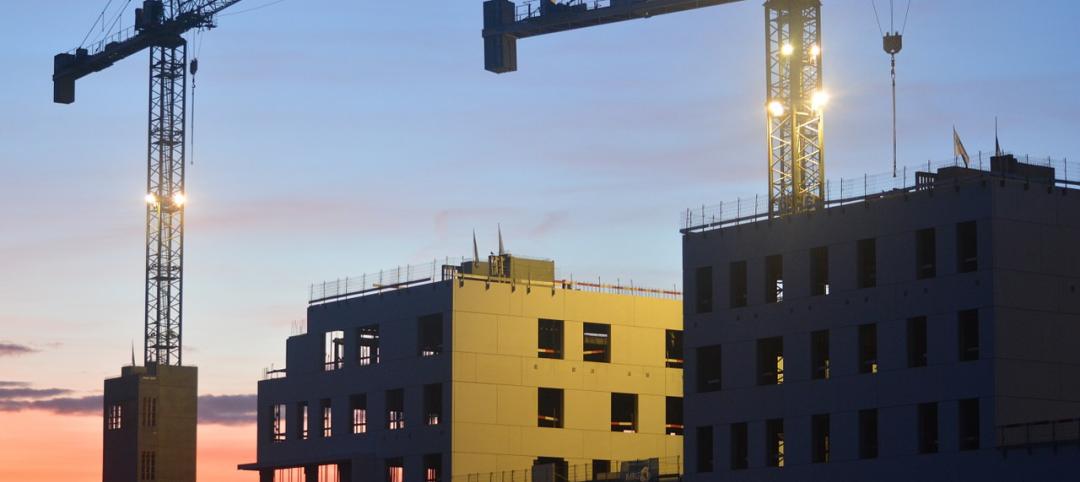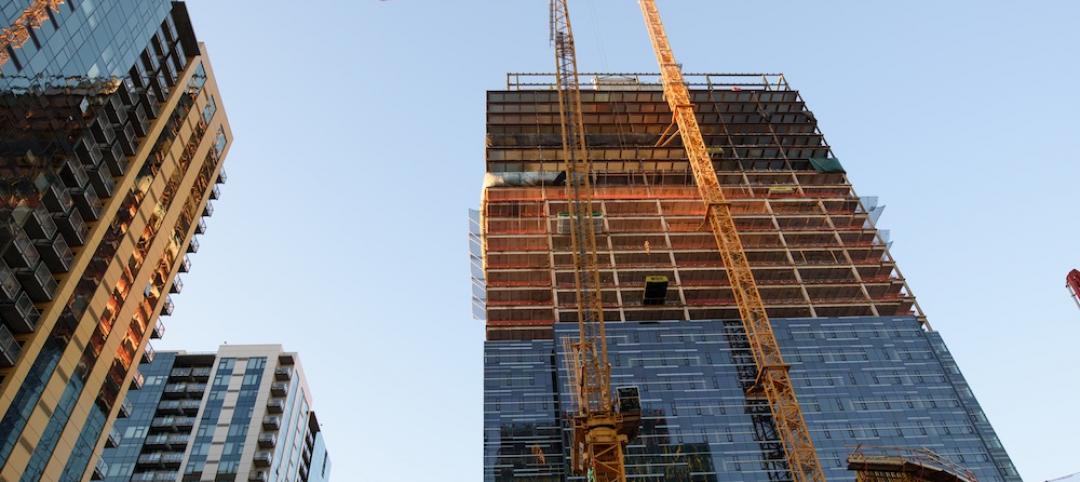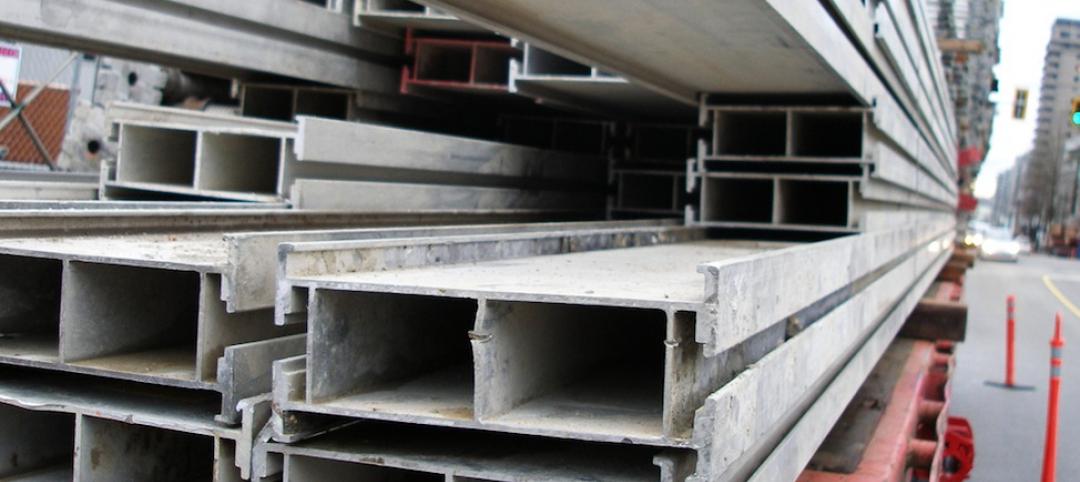The chief executive officer of the Associated General Contractors of America, Stephen E. Sandherr, issued the following statement in reaction to the release today of Senate Republican’s latest coronavirus relief measure, the Heals Act:
“Senate Republicans have crafted a relief measure that includes a number of vital provisions that will allow hard-hit construction firms to begin rebuilding their businesses and payrolls. Among the most promising of these provisions are liability reforms so construction firms that are protecting workers from the coronavirus will not be subjected to needless litigation. The proposal also includes important improvements to the Paycheck Protection Program and a much-needed expansion of the Employee Retention Tax Credit, both of which will help protect construction jobs.
“The measure also takes a more thoughtful approach than the existing federal unemployment insurance benefit by protecting unemployed workers without creating artificial barriers to returning people to good-paying jobs in sectors like construction. And the ambitious workforce development provisions in this measure have the potential to help millions of unemployed prepare for new careers in middle-class professions like construction.
“The measure is not without flaws, however. Most troubling is the virtual lack of funding for new infrastructure improvements. State transportation officials are coping with a $37 billion funding shortfall, declining revenues and the uncertainty that comes with the September 30 expiration of the existing highway and transit law. Additionally, public school, health and broadband infrastructure need federal investment to meet the challenges of operating during and after the pandemic. Ultimately, such new investments are essential to sustaining and rebuilding the American economy, which is why we will work to ensure they are ultimately included in a final relief measure.
“This proposed measure includes many provisions that will help the construction industry and the broader American economy. Combined with new infrastructure funding, it will help workers and employers avoid further economic harm. That is why we will work with leaders in both parties and both houses to see a final, fuller, measure enacted as quickly as possible.”
Related Stories
Market Data | Feb 10, 2016
Nonresidential building starts and spending should see solid gains in 2016: Gilbane report
But finding skilled workers continues to be a problem and could inflate a project's costs.
Market Data | Feb 9, 2016
Cushman & Wakefield is bullish on U.S. economy and its property markets
Sees positive signs for construction and investment growth in warehouses, offices, and retail
Market Data | Feb 5, 2016
CMD/Oxford forecast: Nonresidential building growth will recover modestly in 2016
Increased government spending on infrastructure projects should help.
Market Data | Feb 4, 2016
Mortenson: Nonresidential construction costs expected to increase in six major metros
The Construction Cost Index, from Mortenson Construction, indicated rises between 3 and 4% on average.
Contractors | Feb 1, 2016
ABC: Tepid GDP growth a sign construction spending may sputter
Though the economy did not have a strong ending to 2015, the data does not suggest that nonresidential construction spending is set to decline.
Data Centers | Jan 28, 2016
Top 10 markets for data center construction
JLL’s latest outlook foresees a maturation in certain metros.
Market Data | Jan 20, 2016
Nonresidential building starts sag in 2015
CDM Research finds only a few positive signs among the leading sectors.
Market Data | Jan 20, 2016
Architecture Billings Index ends year on positive note
While volatility persists, architecture firms reported healthy performance for 2015.
Market Data | Jan 15, 2016
ABC: Construction material prices continue free fall in December
In December, construction material prices fell for the sixth consecutive month. Prices have declined 7.2% since peaking in August 2014.
Market Data | Jan 13, 2016
Morgan Stanley bucks gloom and doom, thinks U.S. economy has legs through 2020
Strong job growth and dwindling consumer debt give rise to hope.















